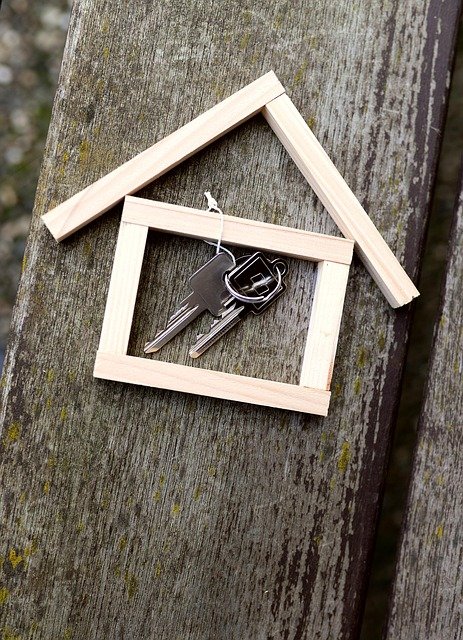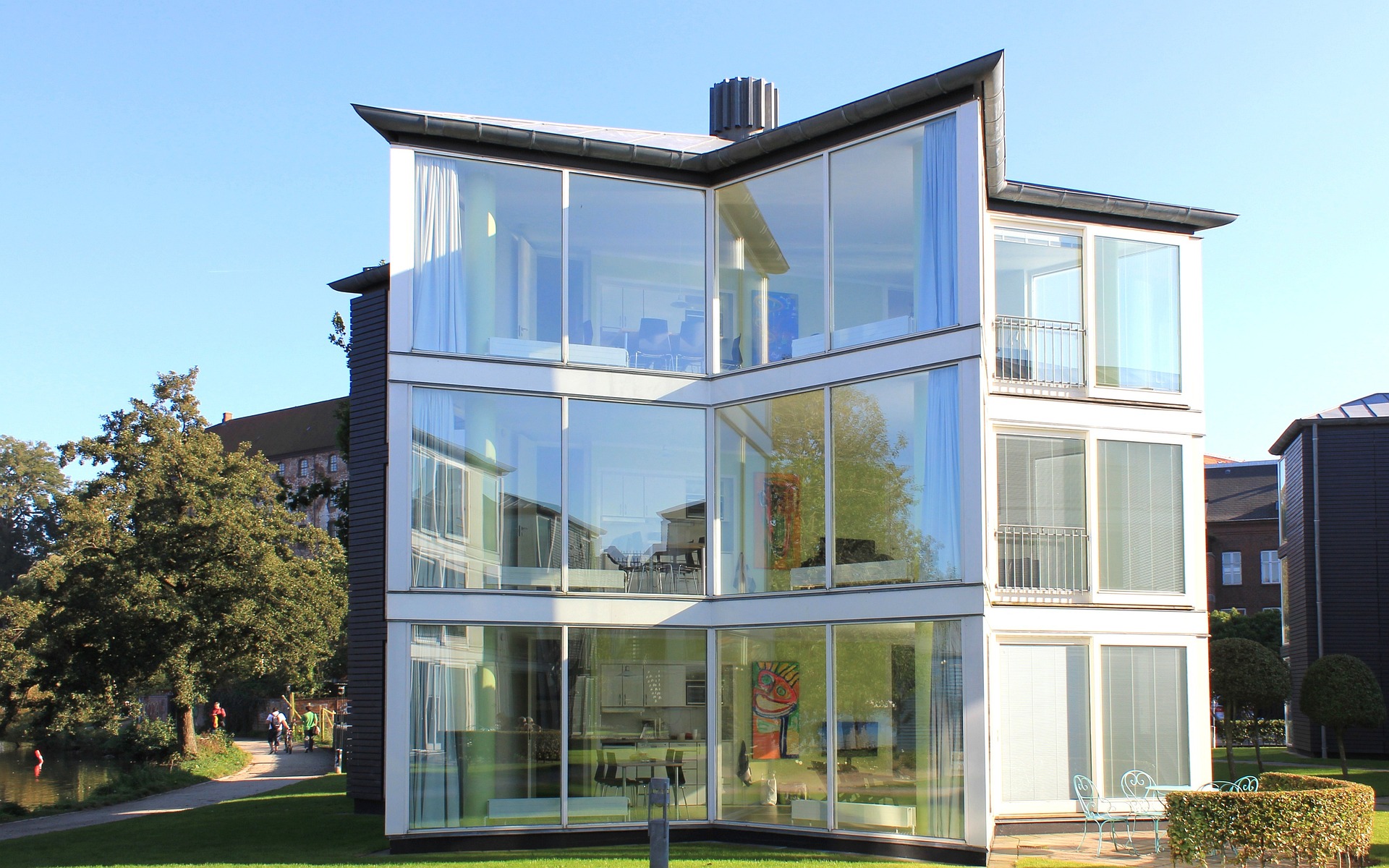Thinking of Buying an Abandoned Property? Here’s What You Need to Consider
Purchasing an abandoned property can be an exciting opportunity for investors and homebuyers looking for a unique project. These neglected structures often come with significantly reduced price tags, making them attractive to those willing to invest time and effort into restoration. However, buying such a property involves navigating complex legal requirements, understanding potential risks, and preparing for substantial renovation costs. Before you commit to transforming a forgotten house into your dream home or investment, it's essential to understand what you're getting into and how to protect yourself throughout the process.

Abandoned properties represent a unique segment of the real estate market, offering potential buyers the chance to acquire buildings at below-market prices. These structures have typically been left vacant for extended periods due to foreclosure, inheritance disputes, tax delinquency, or simple neglect. While the prospect of owning property at a fraction of typical costs sounds appealing, prospective buyers must approach these purchases with careful planning and realistic expectations.
What to Know About Squatters in Abandoned Properties
One of the most significant challenges when dealing with abandoned properties is the possibility of unauthorized occupants. Squatters are individuals who occupy a property without legal permission or ownership rights. In many jurisdictions, squatters can gain certain legal protections after residing in a property for a specific period, making removal complicated and time-consuming. Before purchasing, conduct thorough property inspections and research local squatter laws. Some regions allow squatters to claim adverse possession after occupying a property continuously for several years, potentially complicating your ownership rights. Always verify the property is vacant and secure legal documentation confirming no adverse possession claims exist. Working with a real estate attorney familiar with local property laws can help you navigate these potential complications and ensure a clean title transfer.
Finding Abandoned Properties for Sale Near You
Locating abandoned properties requires a different approach than traditional home shopping. Start by researching tax delinquent property lists, which are often publicly available through county tax assessor offices. These lists identify properties with unpaid taxes that may eventually go to auction. Foreclosure listings and bank-owned properties also frequently include abandoned structures. Drive through neighborhoods to identify visibly neglected properties, then use public records to find owner information. Online platforms specializing in distressed properties can connect buyers with abandoned houses in specific areas. Local real estate agents with experience in distressed properties can provide valuable insights and access to off-market opportunities. County courthouse auctions represent another avenue for acquiring abandoned properties, though competition can be fierce and properties are typically sold as-is without inspection opportunities. Building relationships with local code enforcement officers may also yield leads, as they regularly encounter abandoned structures during routine inspections.
Is Buying a House for a Dollar Worth It?
The concept of dollar homes has gained attention through various municipal programs designed to revitalize struggling neighborhoods. These programs offer abandoned properties for nominal fees, typically one dollar, to buyers willing to commit to extensive renovations within specified timeframes. While the purchase price seems incredibly attractive, buyers must understand the significant financial obligations attached to these deals. Most dollar home programs require buyers to bring properties up to code within 12 to 24 months, with renovation costs often ranging from 50,000 to 150,000 dollars or more, depending on the property’s condition and local construction costs. Additional requirements may include owner-occupancy mandates, prohibitions on resale for several years, and substantial financial reserves demonstrated before purchase approval. Cities like Detroit, Baltimore, and Liverpool have implemented such programs with varying success rates. Before pursuing a dollar home, carefully evaluate total renovation costs, your financial capacity to complete required work, and whether the final investment aligns with neighborhood property values. These programs work best for experienced renovators or those with construction skills who can minimize labor costs.
| Program Type | Typical Requirements | Estimated Total Investment |
|---|---|---|
| Municipal Dollar Home | Renovation completion in 18-24 months, owner occupancy | 60,000 - 200,000 dollars |
| Tax Auction Purchase | Immediate payment, as-is condition | 5,000 - 80,000 dollars plus repairs |
| Bank-Owned Foreclosure | Standard mortgage approval, property inspection | 30,000 - 150,000 dollars |
| Private Sale | Negotiable terms, title clearance | 20,000 - 100,000 dollars plus repairs |
Prices, rates, or cost estimates mentioned in this article are based on the latest available information but may change over time. Independent research is advised before making financial decisions.
Renovating an Abandoned House: A Guide to Transforming Your Investment
Renovating an abandoned property presents unique challenges beyond typical home improvements. Begin with a comprehensive structural assessment by licensed inspectors to identify foundation issues, roof damage, electrical system failures, and plumbing problems. Abandoned houses often suffer from water damage, mold growth, pest infestations, and vandalism that may not be immediately visible. Create a detailed renovation budget that includes contingency funds of at least 20 percent for unexpected discoveries. Prioritize structural and safety repairs before cosmetic improvements. Addressing foundation problems, roof replacement, electrical rewiring, and plumbing updates should come first. Many abandoned properties require complete system replacements rather than repairs due to extended neglect. Secure necessary permits before beginning work, as unpermitted renovations can create legal complications and affect resale value. Consider hiring experienced contractors familiar with restoration projects, as they understand the unique challenges these properties present. Document the entire renovation process with photographs and receipts, as this documentation proves valuable for insurance purposes, future sales, and potential tax benefits related to property improvements.
Buying an Abandoned Property: Key Legal and Financial Considerations
The legal and financial aspects of purchasing abandoned properties differ significantly from standard real estate transactions. Title searches become critically important, as abandoned properties often carry liens, unpaid taxes, or ownership disputes that must be resolved before clear title transfer. Purchase title insurance to protect against undiscovered claims that might emerge after closing. Financing abandoned properties can be challenging, as many traditional lenders refuse to mortgage properties in severe disrepair. Explore renovation loans like FHA 203(k) or Fannie Mae HomeStyle loans that combine purchase and renovation financing into single mortgages. Cash purchases provide the most flexibility but require substantial liquid assets. Conduct thorough due diligence including property surveys, environmental assessments for potential contamination, and zoning verification to ensure your intended use complies with local regulations. Understand local building codes and historic preservation requirements that may restrict renovation approaches. Budget for carrying costs including property taxes, insurance, and utilities during the renovation period, which can extend for months or years. Consult with real estate attorneys, tax professionals, and insurance agents who understand the complexities of distressed property purchases to ensure you’re adequately protected throughout the process.
Understanding the True Potential and Risks
Abandoned properties offer genuine opportunities for savvy investors and determined homeowners willing to undertake significant renovation projects. Success requires realistic assessment of your financial resources, construction knowledge, and time commitment. Properties in stable or improving neighborhoods with strong fundamentals offer the best potential for positive returns. However, abandoned houses in declining areas may never recover their total investment regardless of renovation quality. Research neighborhood trends, school quality, employment opportunities, and future development plans before committing. Calculate potential returns by comparing your total investment against comparable property values in the area. Remember that your time and effort represent real costs even if you perform work yourself. Abandoned property purchases work best for those viewing them as long-term investments rather than quick profits. With proper planning, thorough research, and realistic expectations, transforming an abandoned property can provide both financial rewards and the satisfaction of restoring a neglected structure to productive use.




